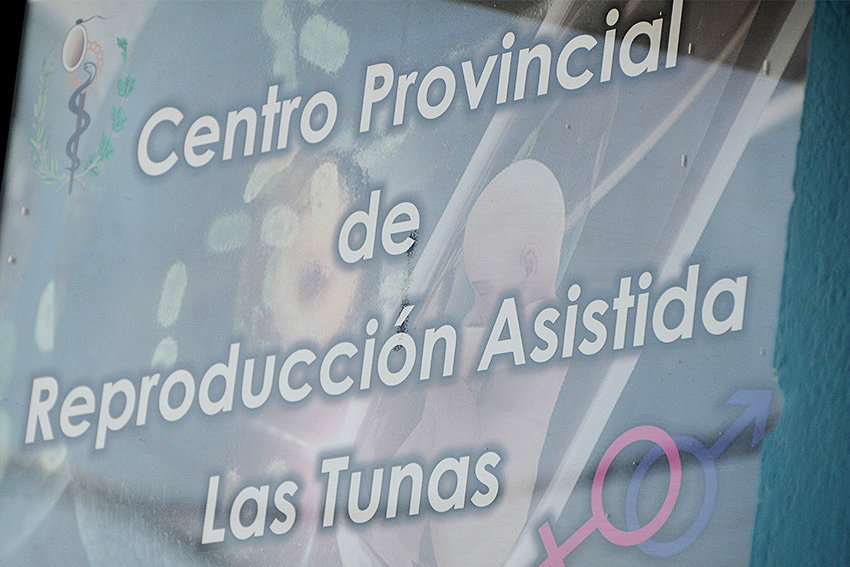
The achievement of more than 150 births so far this year represents more than a statistical number for the Assisted Reproduction Program in Las Tunas, it is proof of a system that remains solid despite the country's complex economic scenario.
Las Tunas, Cuba - Yulier Lázaro Suárez Acosta, provincial coordinator of the Program, told the Cuban News Agency in an exclusive interview that although fewer pregnancies have been reported in this calendar and there are limitations with the technology, such as the breakage of the ultrasound equipment, the work is being consolidated under the guidelines of the Law on Assisted Reproduction in Cuba.
The regulation, which came into force with the approval of the Family Code, changed the work panorama, because although previously couples were treated, now people with assisted reproduction needs are studied, which included in the process a new legal act that gives greater guarantee and security to what was previously differentiated medical attention, he pointed out.
People need to give their civil consent to undergo the practice of assisted reproduction techniques and although this has made the actions more complex, it opens up a range of opportunities to a greater number of those who wish to conceive a baby, in a territory marked by an aging population among other relevant demographic factors.
Suárez Acosta also explained that during the complex economic scenario that Cuba is experiencing, with a notable decrease in medicines and supplies, the negative impact of transport for a service that is provincial, and the tense energy situation, the program is currently assisting 412 pregnant women.
Meanwhile, 208 couples are waiting for high-tech care, which is carried out at the territorial center in the neighboring province of Holguín and which has remained inactive this year, the specialist said.
More than 6,900 couples are part of the program, he added, despite migration, which is another factor affecting the situation in this eastern Cuban province, with low fertility levels and a high rate of teenage pregnancies, which represents a serious health problem for Las Tunas.